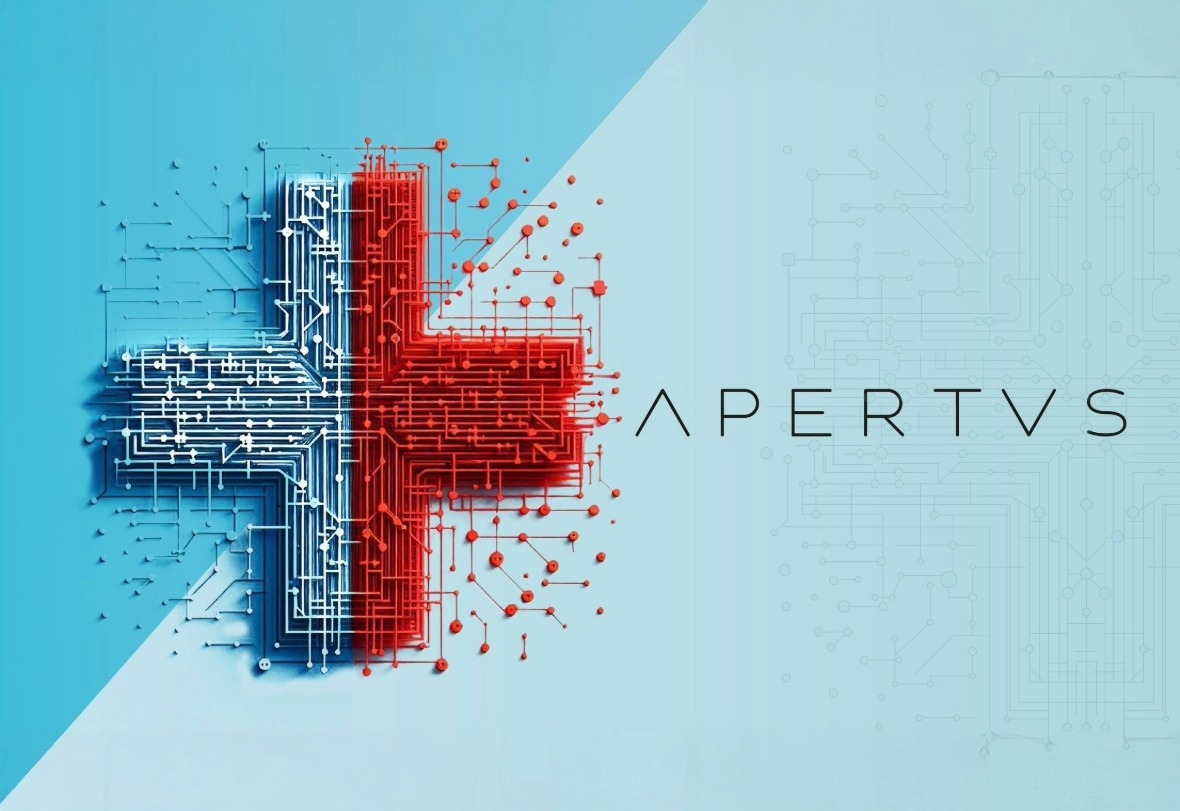
Switzerland launches Apertus, a fully open multilingual large language model
3 September 2025
 Apertus, trained on the Alps supercomputer, makes its architecture, weights, and training data openly available. | © EPFL
Apertus, trained on the Alps supercomputer, makes its architecture, weights, and training data openly available. | © EPFL
EPFL, ETH Zurich and CSCS have released Apertus, Switzerland’s first large-scale open-source language model, designed for transparency, reproducibility, and multilingual use.
Switzerland has unveiled Apertus, a new large-scale multilingual large language model (LLM) developed by EPFL, ETH Zurich, and the Swiss National Supercomputing Centre (CSCS). Trained on the Alps supercomputer in Lugano, the model represents a milestone for transparent, sovereign, and inclusive generative AI in Europe.
The release builds on the announcement made in July, when the institutions previewed their plan for a fully open LLM. Now available, Apertus comes in two sizes, 8 billion and 70 billion parameters, covering more than 1,000 languages. Around 40% of its training data is non-English, enabling stronger multilingual performance, including underrepresented languages such as Swiss German and Romansh.
Transparency and accessibility by design
Unlike proprietary systems, Apertus provides complete openness: architecture, training data recipes, model weights, and documentation are all publicly accessible. The model can be downloaded from Hugging Face or accessed via Swisscom, which is deploying it on its sovereign Swiss AI platform. Both research and commercial uses are permitted under a permissive open-source license.
“This release provides a blueprint for how trustworthy and sovereign AI can be developed,” said Martin Jaggi, Professor of Machine Learning at EPFL and member of the Swiss AI Initiative’s Steering Committee. Researchers emphasize that full reproducibility and compliance with Swiss and EU regulations were key principles in its design, with training data filtered for quality and ethical standards.
Driving innovation and collaboration
The launch of Apertus coincides with the upcoming Swiss {ai} Weeks hackathons, where developers will test and experiment with the model. “Apertus is not just a transfer of research to product, but a driver of innovation across society and industry,” said Thomas Schulthess, Director of CSCS.
Future versions of the model are expected to expand the Apertus family, improve efficiency, and add domain-specific capabilities in areas such as law, health, climate, and education, cementing Switzerland’s role in open, public-benefit AI.

